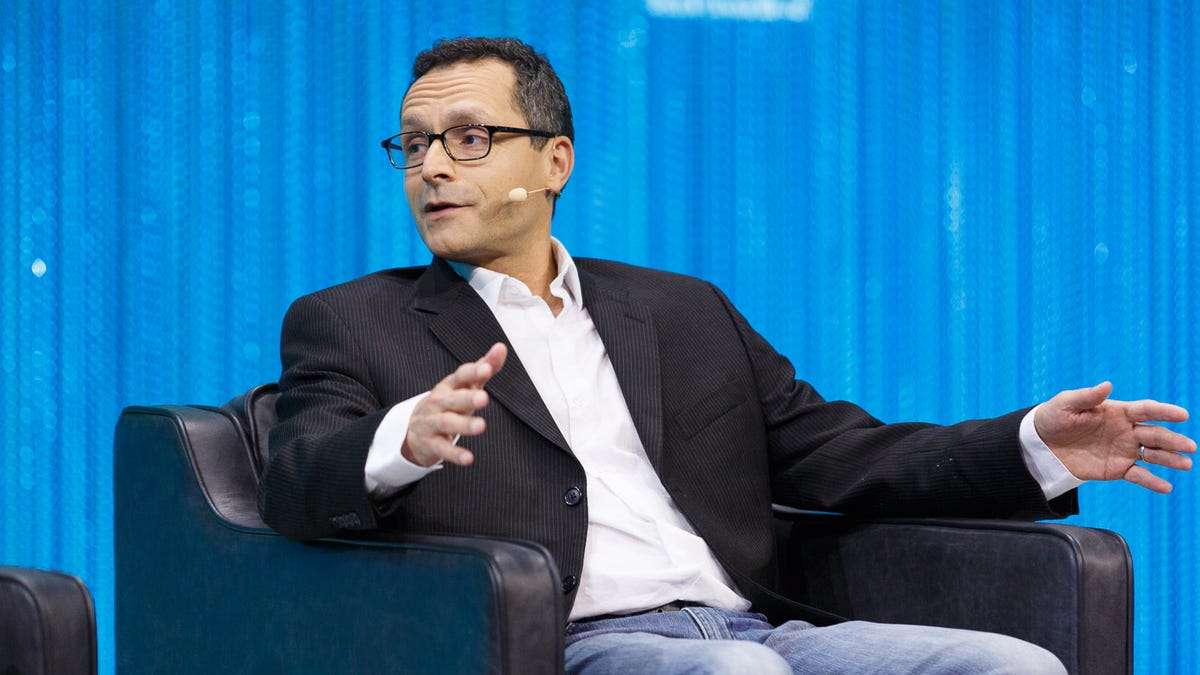Google+ technology arrives in new interactive ad format
Google has rewired its display ads with the Google+ commenting technology with a format called +Posts. That means new options for advertisers and a new type of people's behavior to track.

PARIS -- Google+ advertising has arrived -- but not on the Google+ social network.
The ads, called +Posts, use Google+ technology, with the ability to combine video and imagery with the Google+ commenting system. But they're delivered through Google's display ad network, not on the Google+ pages themselves.
"It's a new means of engaging users over the Google display network," Google+ leader Bradley Horowitz said at the LeWeb show here, promoting the new ad technology that debuted Tuesday. "It allows for much richer engagement as opposed to just a display ad or traffic-generation ad." If people hover a mouse pointer over an ad, it expands to let them see a video or add comments, he said.
Google's revenue comes almost completely from advertising, and it's a dominant company for online ads. New ad formats from the company are therefore important -- especially if they drive more companies to become active on Google+. And if people do in fact engage with ads, Google will have harvested new data on those individuals' interests.
Horowitz believes +Posts will be that holy grail of advertising -- something that people will want to pay attention to, despite being ever busier:
[For brands] getting through gets harder. You're competing for the scarcest resource, which is people's attention...Everybody knows that brand messaging is moving from a broadcast medium more to conversation, dialog, and opt-in marketing. It's ultimately good for brands and consumers.
The Google+ ads are easy to create -- a simple Google+ post can be promoted into one -- and they're integrated with Google's existing tools for targeting toward particular demographics and tracking ads with analytics.
Of course, opening up ads to comments means companies will have to reckon with haters. But that's par for the course these days, Horowitz said. "You cannot overcurate or manicure your conversation," he said.
Some companies are trying the new format: Toyota USA, Mondelez, Ritz crackers, and Cadbury UK. Horowitz said +Posts will arrive gradually for other companies over the next quarter.
Google+ at its launch was a social-networking site comparable to Facebook, with a stream of updates from contacts and a way to comment on others' posts. Google has gradually fulfilled its grander vision of building a "social backbone" to all its services, though. The +Posts is one example, but there are others, too, such as the Hangouts app on Android and more recently the YouTube comments system.
For YouTube instead of seeing endless comments from people you don't know, "now we're able to rank those comments in social proximity to me. The comments from people I know float to the top," Horowitz said.
The revamped YouTube comment system angered many users, but Horowitz said it's better now.
"Out of the gate, we weren't doing so well. Part of that had to do with ranking and a bit of an arms race around spam and abuse," he said. "There were real problems. It took us a matter of days to work this out."

